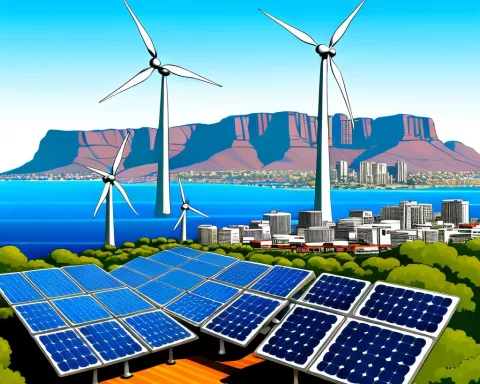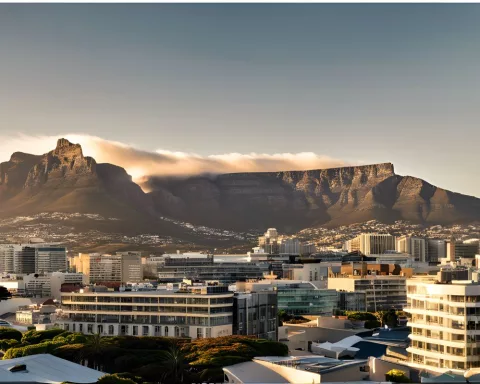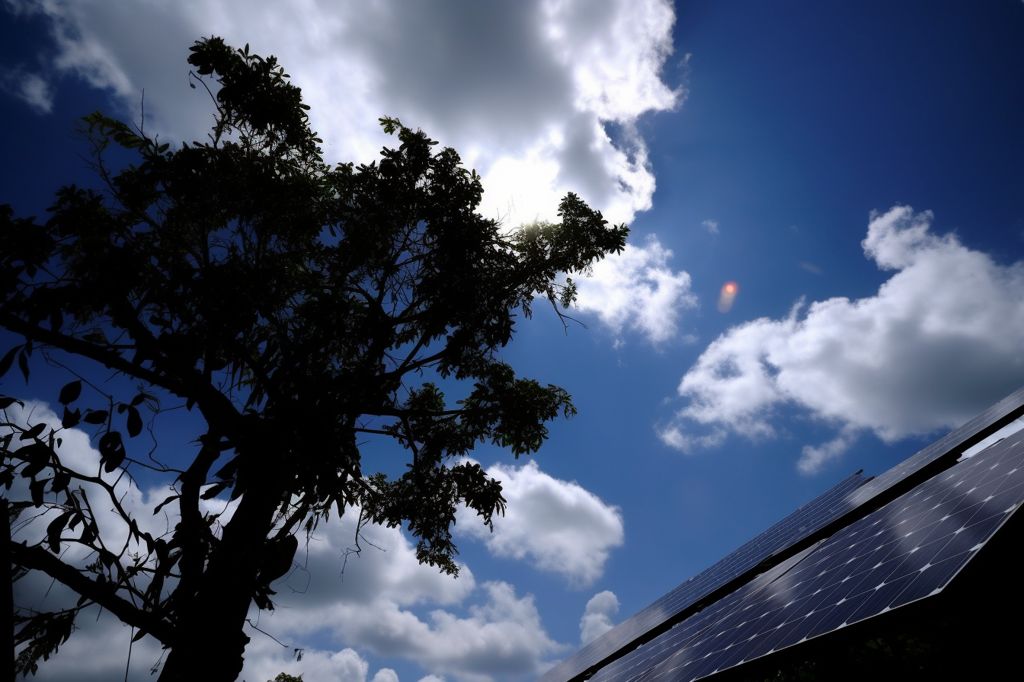Cape Town, known for its beautiful landscapes and vibrant culture, is taking a bold step towards addressing the country’s energy crisis. In an innovative move, the city’s Mayor, Geordin Hill-Lewis, has announced an electricity wheeling pilot project in collaboration with 15 commercial electricity suppliers.
What is Electricity Wheeling?
Electricity wheeling involves the transfer of electricity from a generator to a consumer, using the existing grid infrastructure. This allows for efficient utilization of resources and eliminates the need for additional infrastructure investments. It fosters a competitive market environment and offers consumers a choice in their electricity providers.
The Pilot Project
The pilot project will commence in July 2023 and is the outcome of meticulous planning and coordination between various stakeholders. The development of a billing engine, completion of wheeling agreements, and procurement of 700MW of independent power are significant milestones achieved thus far. Moreover, Cape Town has introduced innovative programmes such as Cash for Power and Power Heroes to further liberalize the electricity landscape.
Challenges and Solutions
Electricity wheeling is a complex process that requires new skills, regulatory and policy changes, as well as bilateral agreements. However, the city has demonstrated its commitment to overcoming these challenges to ensure the successful implementation of the project. Cape Town’s existing legislative framework, including the Electricity Supply By-Law, allows for the retail wheeling of electricity, providing a solid foundation for the pilot.
The Participants
The 15 commercial electricity suppliers participating in the wheeling pilot project are a diverse mix of established companies and dynamic start-ups, representing 25 generators and 40 customers. These participants will begin wheeling electricity to consumers over Cape Town’s municipal and Eskom distribution networks at 11kV and higher voltages. The sales will be governed by bilateral power purchase agreements, with the price of energy being determined by the parties involved.
A Sustainable Future
Cape Town’s electricity wheeling pilot project is a testament to the city’s commitment to addressing the energy crisis and ensuring a sustainable future for its residents. By leveraging existing infrastructure and fostering a competitive market, the city is leading the way and inspiring other cities to follow suit. As Mayor Hill-Lewis aptly stated, “The future is now.”












